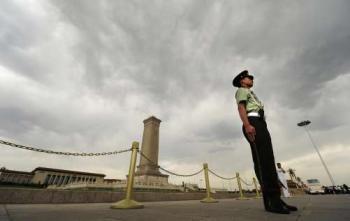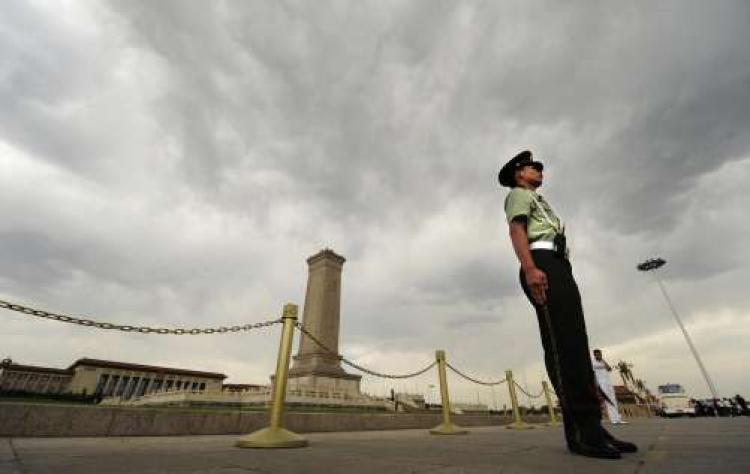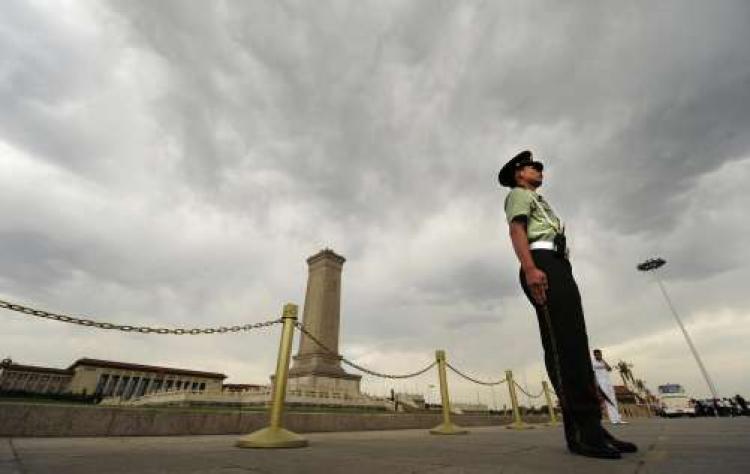TORONTO—Twenty years ago they stood in Tiananmen Square, singing the songs of the Communist Party they earnestly hoped to reform. These party-loyal activists, students mostly, didn’t imagine the tanks would roll in. On June 4, they learned the lesson their parents were afraid to tell them: their great party was a killing machine.
Twenty years later the seeds of dissent that began that summer have begun to sprout anew, and the Chinese Communist Party no longer has the fervent adoration of the young, many of whom went abroad and became hard-line anti-communists.
Like author and journalist Sheng Xue, who moved from Beijing to Canada soon after the massacre and has won multiple national journalism awards for her work in her adopted country.
Ms. Sheng says she never really believed in the ruling Chinese Communist Party but most of those who gathered on Tiananmen Square twenty years ago Thursday certainly did.
“Most of those Chinese students really wanted to help the Chinese government to have more progress,” she explained. “They wished China to be better and have less corruption and they wanted to show their loyalty to the country.”
The students hoped to accelerate reforms already begun under Secretary General and then-leader of China Zhao Ziyang.
The protest began as a public demonstration of mourning on April 16, marking the death the day before of former Chinese leader Hu Yaobang. That reform-minded, pro-democracy leader had been purged from the party for his democratic tendencies two years prior and his death became a rallying point for students who wanted a better China.
Zhao, too, was purged from the party directly after the Tiananmen crackdown and spent the rest of his life under house arrest for his democratic ideals and sympathy for the Tiananmen Square protesters.
Many of the students gathered in Tiananmen from mid-April to June 4 could be heard singing propaganda songs extolling the virtues of the party. When three students threw paint-filled eggs at the portrait of Chairman Mao hanging in Tiananmen Square, other students turned them in to the authorities where they were handed sentences from nine years to life in prison.
The students saw themselves as patriotic protesters, recalls Xu Youyu, a professor and researcher at the Chinese Academy of Social Sciences whose recent speech on the topic delivered in Beijing was translated and posted online.
Xu says the regime had branded itself as a revolutionary yet loyal party and that the students had naively believed their actions would be welcomed. With many of the protesters having only been born during the Cultural Revolution and information about the regime’s past atrocities being sharply censored, few knew what the party was capable of.
20 Years on: The Party Has Lost Its Faithful
Twenty years ago they stood in Tiananmen Square, singing the songs of the Communist Party they earnestly hoped to reform. These party-loyal activists, students mostly, didn’t imagine the tanks would roll in. On June 4, they learned the lesson their parents were afraid to tell them: their great party was a killing machine.

A Chinese paramilitary policeman stands guard in front of Tiananmen Square in Beijing on June 1, 2009. Peter Parks/AFP/Getty Images
|Updated:






